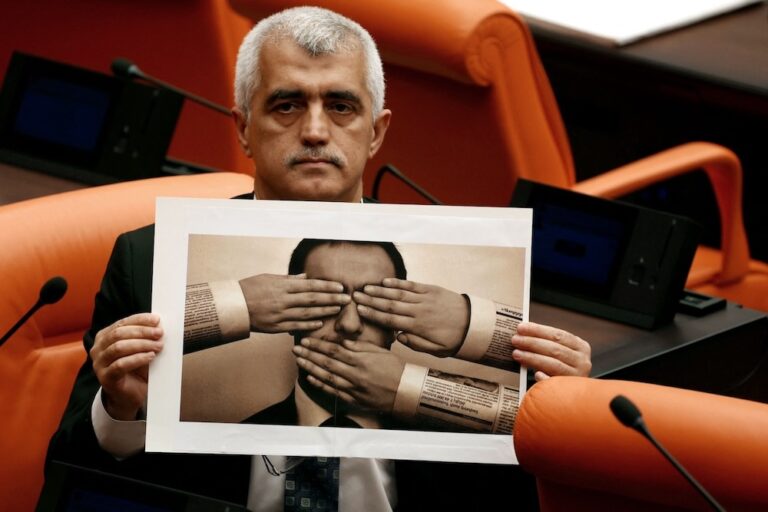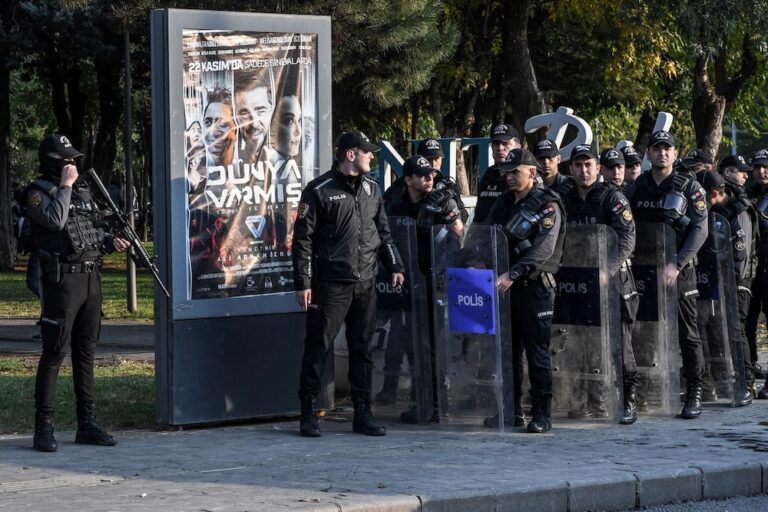A total of 1,309 websites have been rendered inaccessible by the Telecommunications Directorate since November 2007.
(RSF/IFEX) – Reporters Without Borders welcomes the unblocking of the social-networking website MySpace and the video-sharing website Akilli.tv on 6 October 2009 after their representatives resolved disputes with the Turkish Record Industry Association. Two other websites that refuse to comply with the association’s demands, Lastfm.com.tr and YouTube, continue to be blocked.
A total of 1,309 websites have been rendered inaccessible by the Telecommunications Directorate since November 2007 as a result of an administrative decision or, in 270 of these cases, as a result of a judicial decision.
“It is unacceptable that an administrative authority alone can decide to block a website,” Reporters Without Borders said. “Freedom of expression is extremely important. When it is at stake, the intervention of a judge should be necessary. Only a court decision is legitimate. We therefore call for the immediate unblocking of all the censored websites.”
The websites have been blocked under Law 5651 on “the organisation of online publications and combating offences committed by such publications.” It allows prosecutors to block access if a site’s content is deemed liable to incite suicide, paedophilia, drug abuse, obscenity or prostitution, or violate a 1951 law forbidding any attacks on the Turkish republic’s founder, Mustafa Kemal Atatürk.
Banning sites of a pornographic or paedophile nature or those that promote drug abuse is obviously justifiable but banning sites (or any other communication medium) because of content that is in some way critical of Atatürk violates free expression. As Atatürk is dead, he cannot be deemed to have sustained moral damage.
If the aim is to punish attacks on what Atatürk represents as founder of the country’s institutions, Turkey should remember that, as a signatory of the European Convention on Human Rights, it cannot punish the expression of views just because they clash or conflict with mainstream opinion. It must tolerate all views, including political ones, as well as criticism of the state (European Court of Human Rights, Handyside v. UK, 6 December 1976).
Rather than offering porn or promoting drug abuse, many of the 1,039 blocked websites are social-networking sites or places where Internet users can go to read about or discuss matters of a political or cultural nature. Sixty-five percent of Turks have never accessed the Internet.
Turkey is ranked 102nd out of 173 countries in the 2008 Reporters Without Borders press freedom index.


